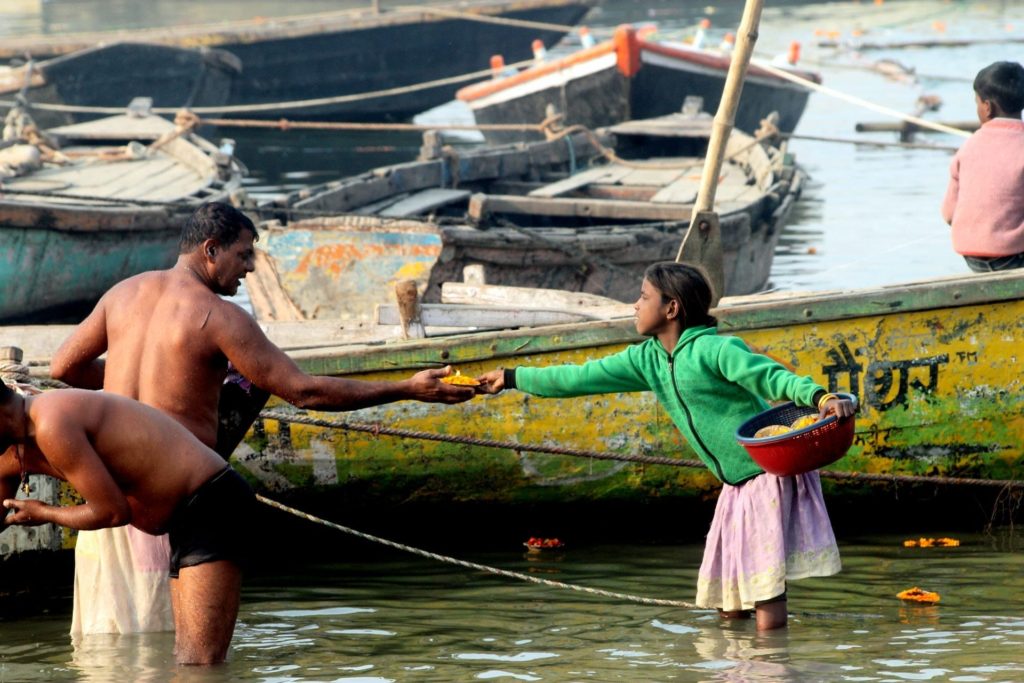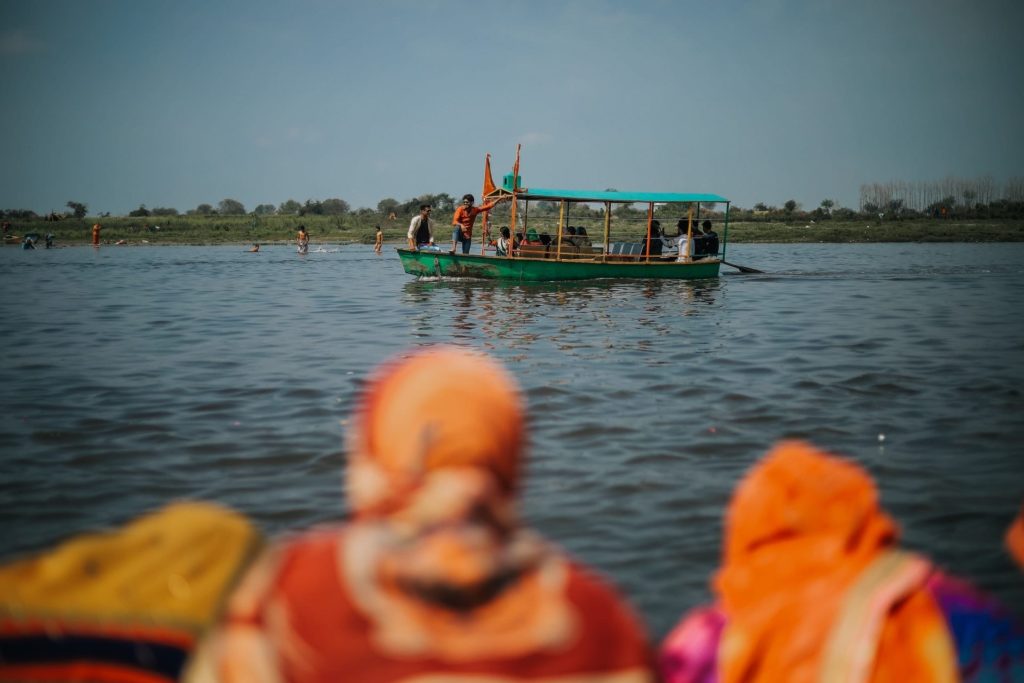Tensions in South Asia Can Derail Fragile Water Treaties
The recent tension with Nepal, misunderstanding with Bhutan and border clash with China show that India can no longer create policy of long-term water security in isolation.
As India’s neighbourhood goes through a turmoil, with underlying fault lines exposed by the coronavirus pandemic and a deepening economic crisis, there is robust debate on the trajectory of India and its neighbourhood in the context of foreign and security policy. However, there is a glaring paucity of debate on how the ongoing crises, including the stand-off at the Line of Actual Control with China, might shape and influence the trajectory of South Asia’s transboundary water security.
It is no secret that water policies in South Asia receive less attention unless a natural disaster occurs or when we beat the drums of ‘water wars’ every now and again. Yet, water policies on shared rivers have far-reaching consequences for India and the entire neighbourhood. As populations grow, the climate becomes increasingly erratic and demand for water expands, the stress on shared waterways will prove even more contentious.

Extending the scope of mistrust
Without strong bilateral and multilateral institutions to manage, the shared waterways and river systems are often subject to the vagaries and uncertainties of geopolitics. From the Indus River Basin to the interconnected Ganga-Brahmaputra-Meghna (GBM) River Basin, how India and its neighbours successfully collaborate and cooperate is critical to the region’s future and people that account for close to 15 per cent of the world’s population. Working together to better manage shared resources, natural habitats and waterways, as well as joint action on climate research, could yield important dividends beyond immediate development benefits, including long-term peace, analyses a 2017 paper by the International Centre for Integrated Mountain Development (ICIMOD).
The absence of strong policies, treaties and agreements, opens the door for mistrust and tension to spill over in other spheres. Following the 2017 Doklam crisis, China withheld monsoon data, critical for flood management in northeast India, thereby violating terms of a Memorandum of Understanding (MoU). Later in 2019, following the Pulwama attacks, India’s plan to divert water flowing into Pakistan gained momentum. Neither of these instances had anything to do with the shared waters or existing agreements, yet they had detrimental effects on the resource as well as the potential for furthering dialogue on joint management or cooperation.
Myopic thinking
Examples from around the world, from the Tigris-Euphrates to the Mekong Basin, indicate that this problem is not unique to South Asia. A 2016 UN Commission report places the GBM Basin as the most vulnerable in the world based on indicators of water quality, quantity, ecological impact, lack of governance, socioeconomic indicators and others. The region is also a black hole for data as highlighted by the fourth and fifth Intergovernmental Panel on Climate Change (IPCC) reports. The lack of cooperation in this and other spheres only serves to exacerbate the situation.
India and its neighbours share hundreds of rivers with only five treaties and less than 30 agreements, ToRs and MoUs. With the exception of the 1960 Indus Water Treaty — a bilateral agreement between India and Pakistan — all the other institutional arrangements, despite covering more than one country, are also only bilateral in nature. We need to move away from this myopic thinking and begin a new innovative approach.
The recent tension with Nepal, misunderstanding with Bhutan and border clash with China have ripple effects and further emphasise that we can no longer create policy on the matter of long-term water security in isolation. Experiences from around the world tell us that collective river basin management is possible, even amongst countries with minimal cooperation. Science has the power to build bridges and in South Asia, there exist plenty of opportunities and initiatives to build upon. It would serve India well to capitalise on them.

Existing agreements
First, sub-regional mechanisms such as the Joint Ministerial Commission on Water Resource or the Joint Standing Technical Committee — both between India and Nepal — and the Indo-Bangladesh Joint Rivers Commission provide a platform for further dialogue and diplomacy. While they are primarily technical in nature and deal with specific areas of management, from storage to data logging and gauge houses, these mechanisms are largely non-contentious and thus potential entry points to build on existing cooperation and trust. Second, inland waterways for trade and transit, such as the recent May 2020 Protocol signed by India and Bangladesh and the ongoing discussion between Nepal, India and Bangladesh on transport to aid in boosting economic potential, underscore the need for a multi-stakeholder approach.
Furthermore, using the impetus provided from other areas of cooperation and growing collaboration to introduce the concept of water security as related to energy, health, food and climate security, will be useful in the long term. The Southern African Development Community, which began as an effort in economic integration, provides an interesting example. India is slowly warming up to the concept of economic integration and connectivity, and both the BBIN and BIMSTEC could provide platforms to create a multi-basin approach for sustainable water resilience and security.
The need for basin-wide management of shared water resources is clear, for the future of the waterways and the population that depend on it, but also to safeguard them from changing governments, whims of leaders, and uncertain political collusions. Success will not be easy, and several obstacles plague transboundary cooperation. Chest thumping and declarations of water wars don’t aid the real efforts at play, as the recent misperception with Bhutan showed. The concern should not only be that water will cause war — theory and practice tell us otherwise — but that it can and will be used as a proxy tool to fight other conflicts; far more likely and far more dangerous.

